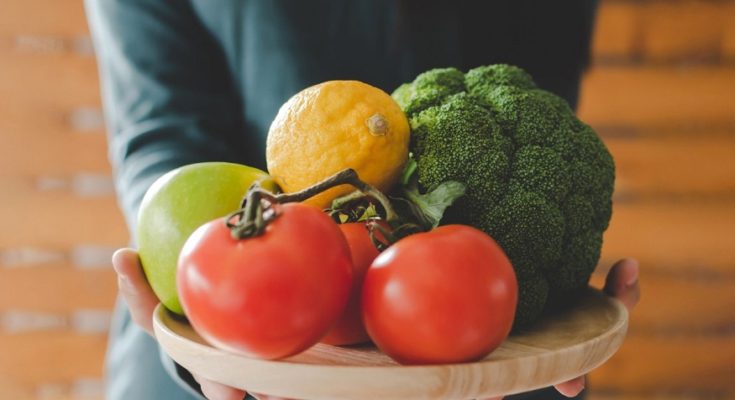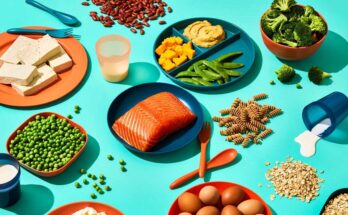Some people prefer to take vitamins and supplements to maintain a healthy body. Rather than having exercise and eating fresh fruits and vegetables. And there’s nothing wrong with that, as long as you check the components it has. If you’re one of those who health-conscious, maybe you’ve heard already about quercetin.
What is Quercetin?
Quercetin is a plant pigment from the group flavonoid of polyphenols. Can be found in many vegetables, fruits, leaves, seeds, and grains. Red onions and kale are some common food that contains this quercetin.
Quercetin is one of the well-known and well-research flavonoids. Herbal remedies such as St. John’s wort and Gingko Biloba also contain quercetin. Here are some food and drinks that have quercetin: berries, cherries, apples, and grapes. Also onions, citrus fruits, buckwheat, kale, broccoli, tomatoes, red wine, and black tea.
Below are some of the benefits of quercetin:
- Reducing the risk of cancer- a diet that is high in flavonoids such as quercetin can help prevent cancers. Increasing intake of fruits and vegetables might lessen the risk of many types of cancer. Based on a 2015 report, quercetin constricted the growth of prostate cancer cells. This is on the body of mice and rats. 2018 vitro study, showed that quercetin both treatment and prevention of prostate cancer.
In vitro- means the researchers execute the experiment outside of a living thing. For example, in a test tube. Researchers need to know about the anticancer properties of quercetin in humans. To make sure the body can take high doses of quercetin successfully.
- Fighting free radicals- quercetin is popular to have antioxidant properties. Substances that can stop or slow damage to cells are called antioxidants. That is caused by free radicals. Free radicals are unstable atoms that can destroy cells causing aging and illness. Many factors can contribute to having more radicals. These include cigarette smoke, pollution, radiation, greenhouse gases, and chemical toxins.
Quercetin is a stronger antioxidant than Vitamin E, beta carotene, or Vitamin C.
- Reducing inflammation- refers to the body’s process of fighting against that harm it. And usually helps the body to heal. But, chronic inflammation can be damaging to the body. It may contribute to health conditions.
- Preventing neurological diseases- quercetin helps to prevent neurodegenerative illness. Such as Parkinson’s disease and Alzheimer’s’. Oxidative stress happens when there is an imbalance of free radicals in the body.
- Preventing Infections- quercetin has antibacterial properties. Effective against almost all types of bacteria. Especially, those connected to skin, respiratory, skin, and urinary. Quercetin together with flavonoids helps fight off viruses. Such as Herpes simplex virus, adenovirus, Japanese encephalitis, and respiratory syncytial virus.
- Reducing the risk of heart disease- diet plays an important role in your body. To lessen the risk of cardiovascular diseases. Such as strokes and heart disease. Eating more fruits and vegetables that contain flavonoids reduces the risk of diabetes.
Quercetin may enhance blood vessel cell health and blood flow through arteries.
- Relieving allergy symptoms-research suggests that quercetin might be a productive antihistamine. For it limit histamine from being released from cells. This anti-allergy property indicates that quercetin might treat asthma and bronchitis.
If you want to check other details, hop over to these guys. Visit this site for the article source.




